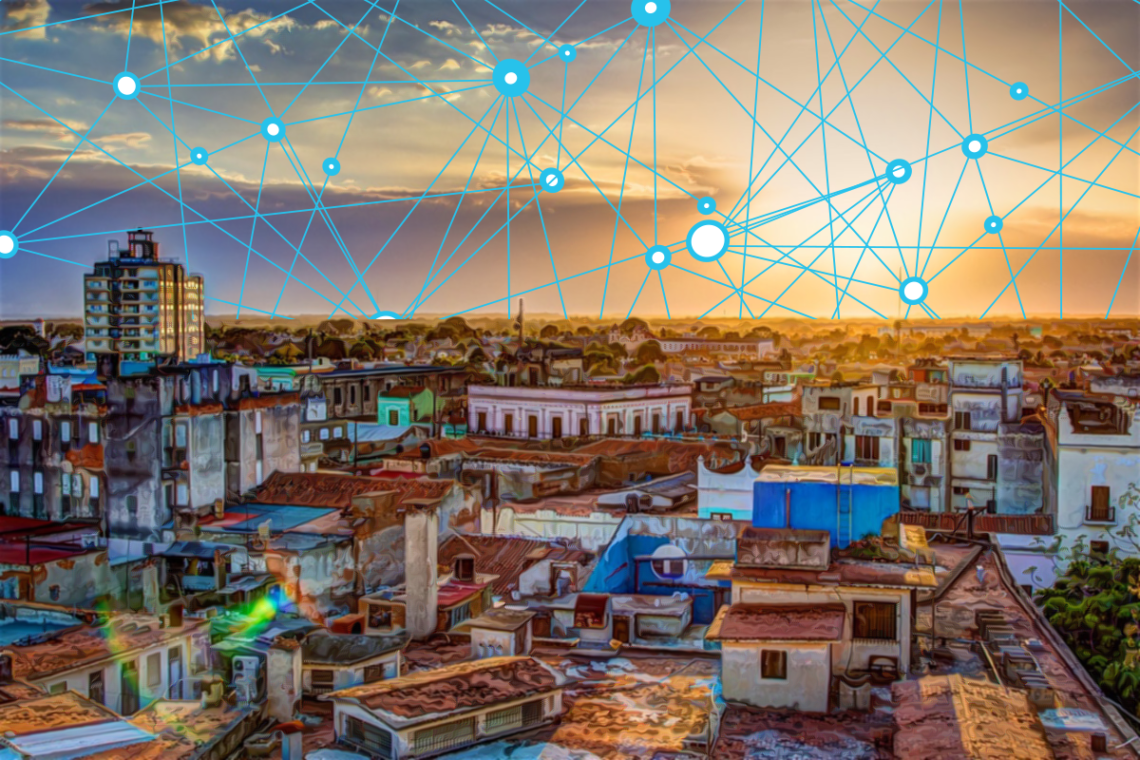- Some Cubans who oppose their government are using cryptocurrency to solicit donations for those in need. Cubans began protesting the regime earlier this month, blaming the country’s economic embargo and the rapidly escalating COVID-19 problem
- People, hospitals, and isolation centers have all received donations. No system or entity, according to Garcia Cruz, is in charge of the delivery
- Due to the US trade embargo, Cubans are unable to use Visa or Mastercard goods, and Western Union, the world’s biggest money transfer service, halted US dollar transactions to Cuba in November following the Trump administration’s newest penalty
Cryptocurrencies are being used by some Cubans opposing their government to obtain donations to others in need. Residents in Cuba began protesting the government earlier this month, citing the country’s economic blockade and the COVID-19 issue, which is quickly deteriorating. On July 9, the number of cases nearly doubled, with 6,422 positive findings compared to 3,664 the day before. Half of the cases were reported in Matanzas, the most afflicted province. In different areas of the world, the hashtags #SOSCuba and #SOSMatanzas were popular topics on Twitter. According to Garcia Cruz, $2,000 has been gathered thus far, with bitcoin donations mostly benefiting Cubans who do not have family in the United States. Slyk is another cryptocurrency firm that has joined the contribution effort. It can be used in Cuba by anyone who wishes to collect donations using any payment method from Venmo to bitcoin (BTC, -1.98 percent), as was mentioned by Tim Parsa, Slyk’s CEO.
The money raised will be used to buy medicine and masks for Cubans in Matanzas and other places. Camilo Noa, one of the ideologues behind the crypto contributions, is Slyk’s community manager and representative in Cuba. They have bought medications, masks, alcohol, hand gel, chlorine, food, personal hygiene, clothes, and other necessities thus far. People, hospitals, and isolation centers have all received donations. No system or entity, according to Garcia Cruz, is in charge of the delivery. He explained that it’s about Cubans assisting Cubans, being helpful and open with people who need it most. Liset updates her Twitter account with information on the amounts acquired, pricing, and recipients of bitcoin donations.
When local businesswoman Thais Liset saw what was going on in Matanzas, she began to brainstorm ways to support her countrymen in that region, and she thought that contributions would be the greatest way to solve the lack of medical supplies and food.
Liset sought support from Erich Garcia Cruz, a major Cuban crypto influencer who runs initiatives like BitRemesas and QvaPay, two businesses focused on easing the inflow of remittances and the collecting of dollars by Cubans using cryptocurrency, together with Cuban YouTuber Frank el Makina. The cryptocurrency project aims to accept funds from Cubans living overseas. Crypto is the simplest and fastest way for anyone to donate, according to Garcia Cruz, who also stated that Cubans in Cuba gave the most.
Although the volume of bitcoin transfers was larger, the effort also permitted cash transactions from Cubans in Cuba, he added. According to Garcia Cruz, many Cubans residing overseas do not have accounts with crypto exchanges.
Due to the US trade embargo, Cubans are unable to use Visa or Mastercard goods, and Western Union, the world’s biggest money transfer service, halted US dollar transactions to Cuba in November following the Trump administration’s newest penalty. Additionally, the pandemic’s impact on the tourism business impacted Cubans who earned money in dollars on the island. Cuba said in June that it will temporarily halt taking cash bank deposits in dollars, citing restrictions on its ability to utilize that currency overseas imposed by US sanctions. The administration stated that bank transfers will continue to be available.
Steve Anderson is an Australian crypto enthusiast. He is a specialist in management and trading for over 5 years. Steve has worked as a crypto trader, he loves learning about decentralisation, understanding the true potential of the blockchain.


 Home
Home News
News










